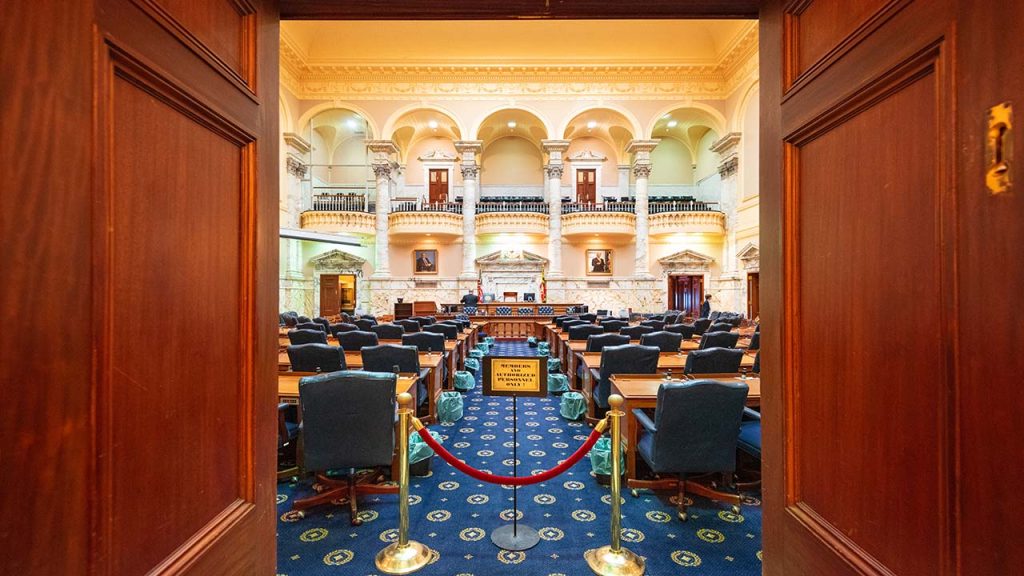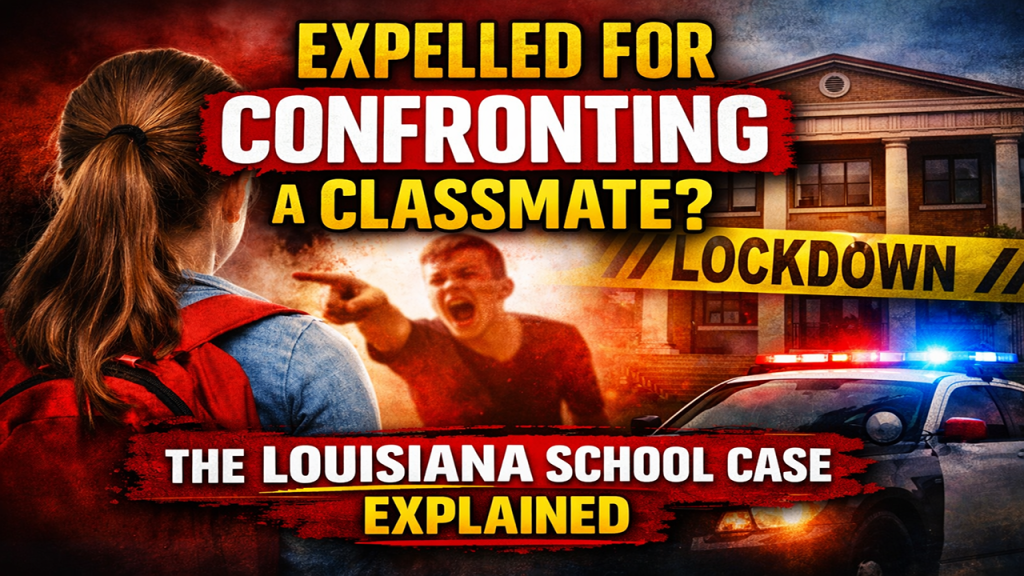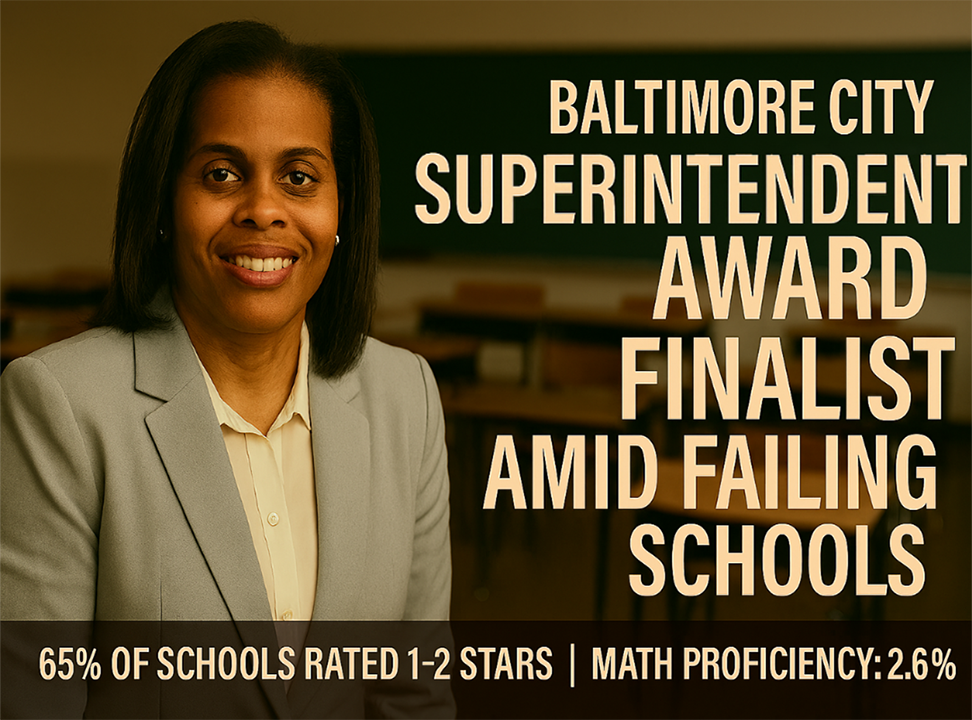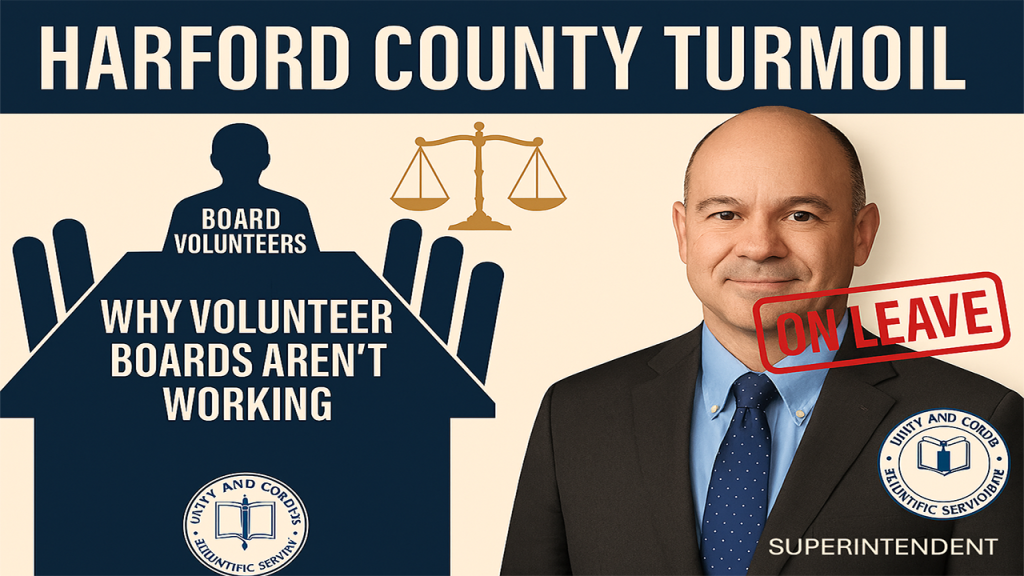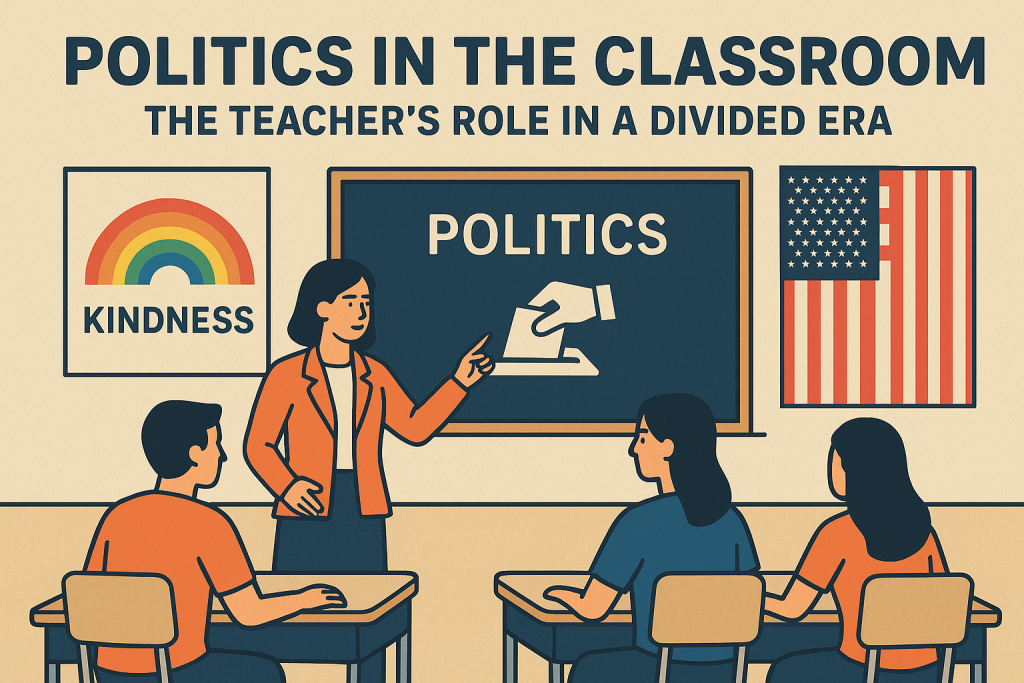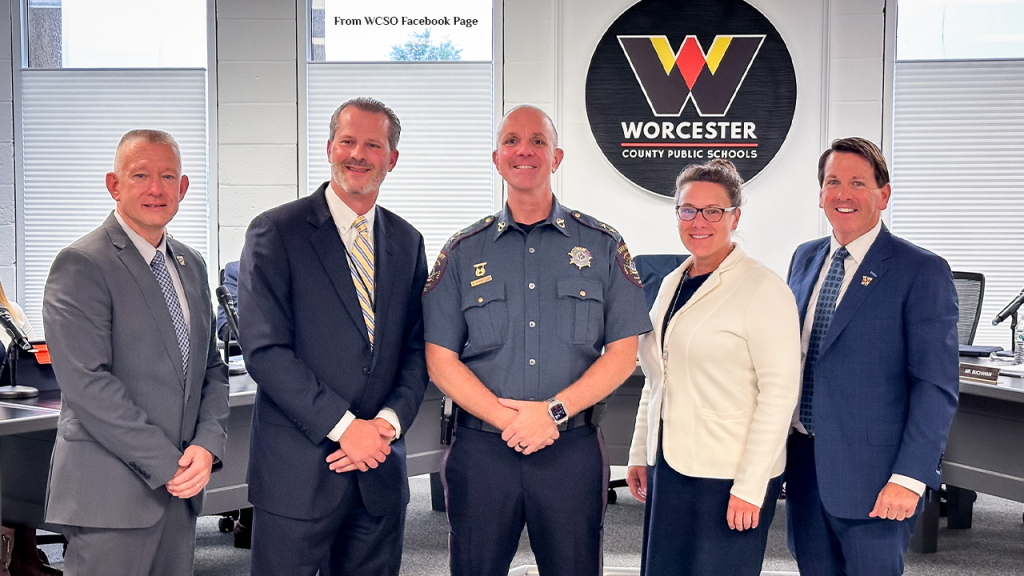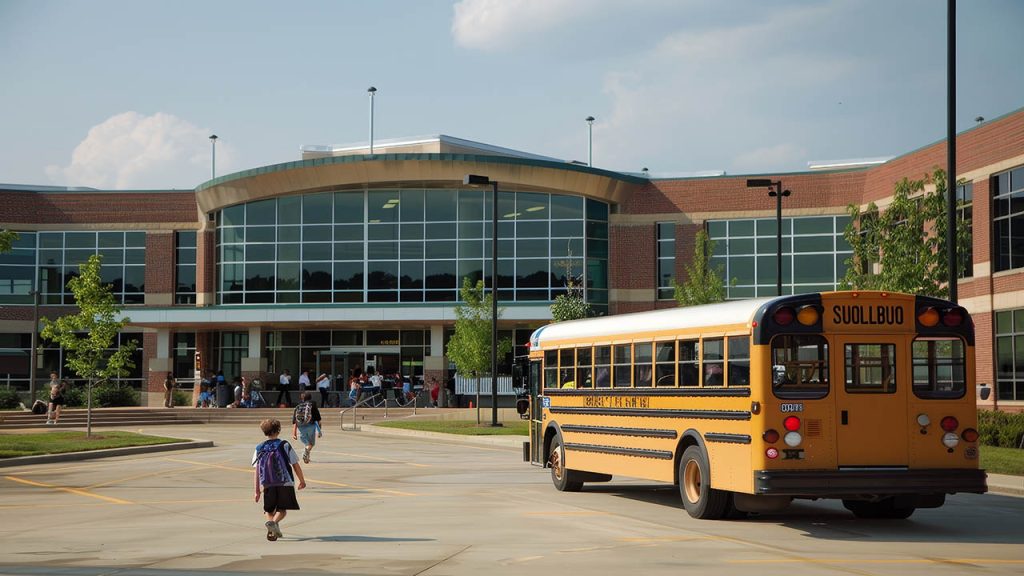

Maryland’s Education Plans Approval Process: An Update
The Accountability and Implementation Board for Maryland’s Future is gearing up for the approval of local school system’s education plans in the coming month. However, it remains uncertain how many of the 24 plans will be ready for approval.
Efforts are being made to bring most, if not all, of the LEA plans to the board with a recommendation for approval in July. The executive director of the board, Rachel Hise, recently mentioned in an online meeting that they are currently reviewing plans submitted by local education agencies, or school systems, with modifications until July 6.
To ensure thorough review, the board has scheduled two meetings on July 20 and July 27. These meetings will be dedicated to evaluating and discussing the plans from the different school systems.
Every plan submitted in the upcoming fiscal year, starting July 1, must address the four pillars of the Blueprint for Maryland’s Future, which include early childhood education, teacher recruitment and retention, college and technical career preparation, and additional resources for students in need. These plans must outline the work conducted, completed, or planned by school officials throughout the 2023-24 school year.
In case a school system’s plan does not receive approval next month and requires revisions, officials have until October 1 to submit the updated plans. This October deadline coincides with the appeal process available to local school officials if they disagree with the board’s decision to withhold funding for the following fiscal year. However, such a situation would only occur if a school system fails to meet specific requirements outlined in the Blueprint plan.
To avoid any confusion, the board chair, Isiah “Ike” Leggett, emphasized that if a local school system’s plan is not approved by July 27, the ongoing work to develop the plan should continue until it meets the necessary criteria for approval.
During the meeting, the board also discussed the modifications made to the Blueprint law this year. Several items must be included in upcoming Blueprint plans, including website content and other documentation. One notable requirement is that prekindergarten Montessori school teachers with a bachelor’s degree must possess a Montessori credential from recognized institutions such as the Association Montessori Internationale, the American Montessori Society, or a program accredited by the Montessori Accreditation Council for Teacher Education.
Other additions to the Blueprint plan include the establishment and maintenance of an educator recruitment, retention, and diversity dashboard by the Department of Education, eligibility for loan repayment assistance for mental health professionals who have served in public schools, and the provision of an alternative income eligibility form for families participating in school-wide free lunch programs.
Additionally, the Blueprint board approved a contract with Devaney & Associates, based in Baltimore County, for communications and outreach services until June 30, 2024. The contract includes provisions to ensure the participation of minority business enterprises and requires stakeholder interviews for the development of a communications and outreach strategy.
The ongoing efforts of the Accountability and Implementation Board aim to shape the future of education in Maryland and ensure that all school systems meet the necessary standards and requirements for the betterment of students and the community. For more details on how a specific county plans to implement the first pillar of the Blueprint, interested individuals can find further information here.
Dig Deeper With Our Longreads
Newsletter Sign up to get our best longform features, investigations, and thought-provoking essays, in your inbox every Sunday.
The MEN was founded by John Huber in the fall of 2020. It was founded to provide a platform for expert opinion and commentary on current issues that directly or indirectly affect education. All opinions are valued and accepted providing they are expressed in a professional manner. The Maryland Education Network consists of Blogs, Videos, and other interaction among the K-12 community.




